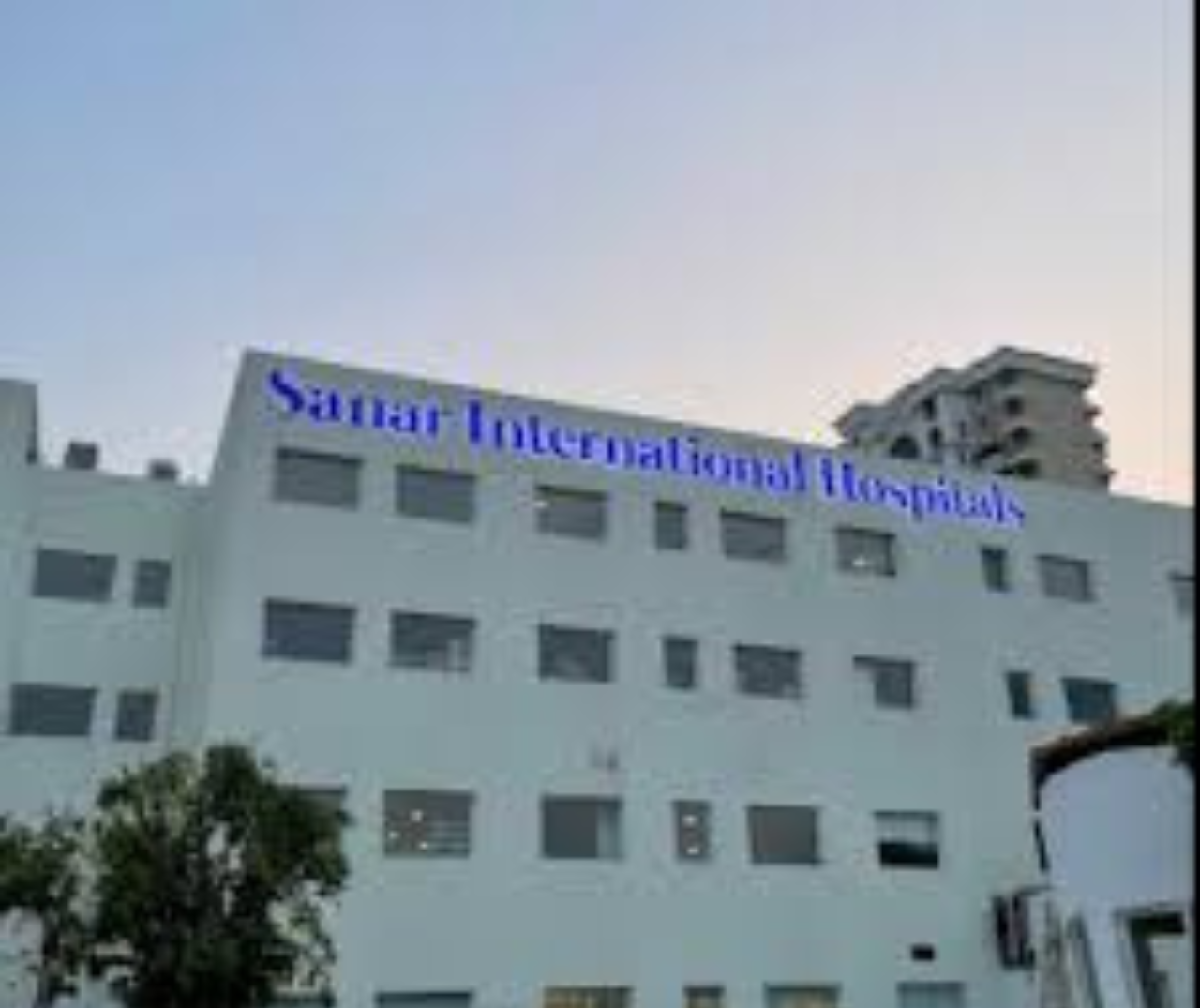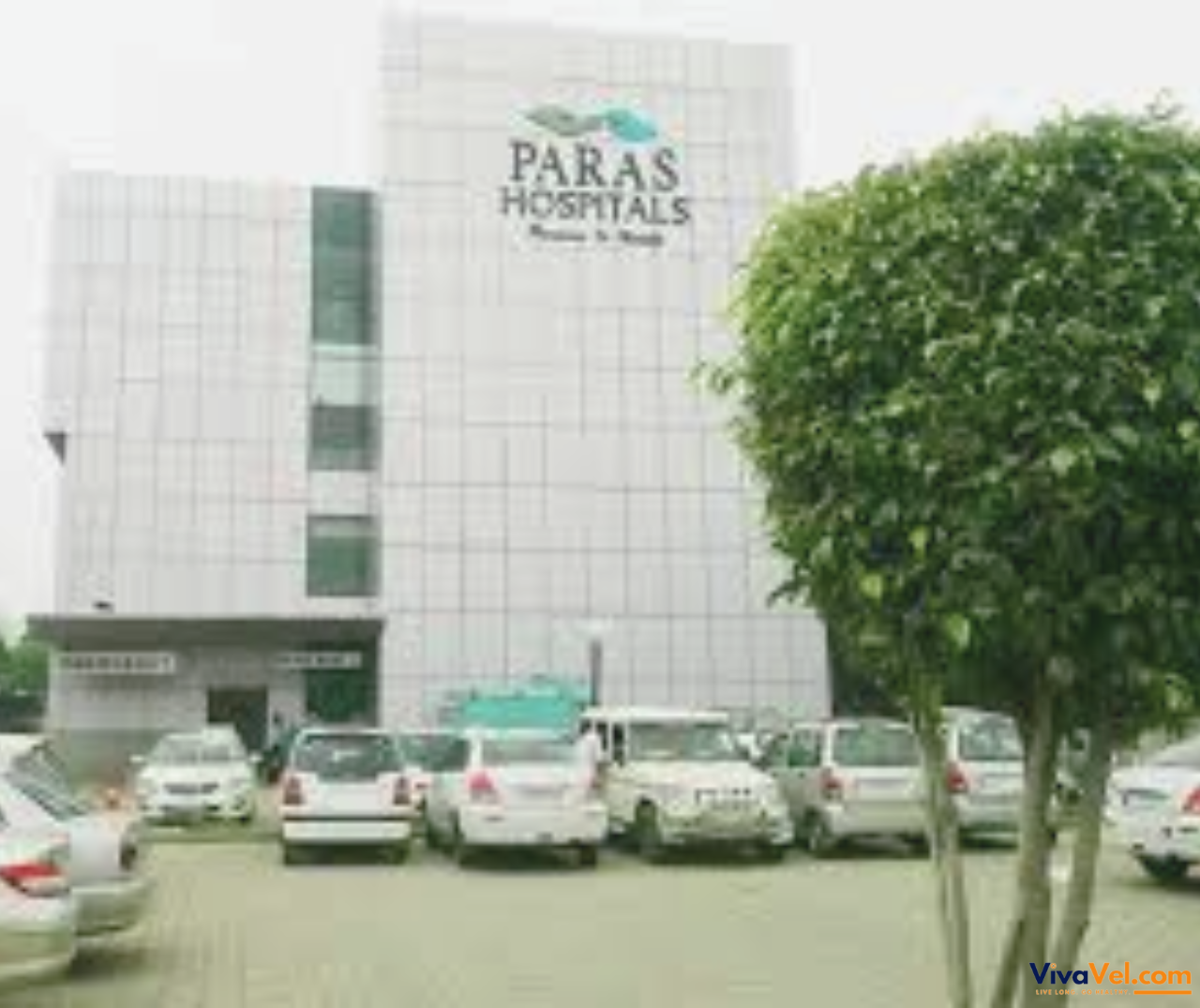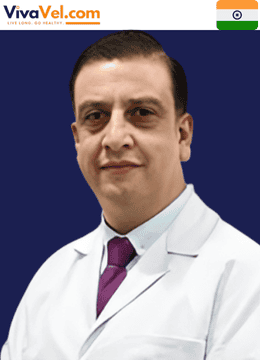info@vivavel.com
+919818262686
+919818262686
 info@vivavel.com
info@vivavel.com +919818262686
+919818262686What is Crohn's Disease?
Crohn's disease is a long-lasting and complex inflammatory bowel disease (IBD) that significantly impacts the gastrointestinal system, particularly targeting the small intestine and the initial segment of the large intestine. This condition is marked by widespread inflammation that can penetrate deep into the tissue layers of the bowel, leading to a range of distressing symptoms. Individuals with Crohn's often experience severe abdominal pain, persistent diarrhea that may be accompanied by blood, debilitating fatigue, unintentional weight loss, and malnutrition due to the body's inability to absorb essential nutrients effectively.
The inflammatory process can cause various complications over time, including strictures, which are narrowings of the intestine that can obstruct the passage of food; abscesses, or pus-filled cavities that can develop in the abdomen; and fistulas, which are abnormal connections between the intestine and other organs, such as the bladder or skin. Crohn's disease can manifest in a patchy distribution along the gastrointestinal tract, leading to periods of active flare-ups followed by phases of remission where symptoms may significantly decrease or disappear.
Although there is currently no cure for Crohn's disease, a wide array of treatment options are available to help manage symptoms, control inflammation, and enhance the quality of life for those living with the disease. Treatment strategies may include the use of anti-inflammatory medications, immunosuppressive agents to reduce the immune system's response, and biologics that target specific pathways in the inflammatory process. For some patients, dietary modifications and nutritional support play a crucial role in managing symptoms and preventing malnutrition. In cases where complications arise or where medical management is insufficient, surgical intervention may be necessary to remove affected portions of the bowel or to address strictures and fistulas.
 Understanding the symptoms can help in recognizing and managing the condition early. The signs and symptoms of Crohn's disease vary from mild to severe. They can develop gradually or come on suddenly without warning. Some common symptoms include:
Understanding the symptoms can help in recognizing and managing the condition early. The signs and symptoms of Crohn's disease vary from mild to severe. They can develop gradually or come on suddenly without warning. Some common symptoms include:
Understanding these symptoms is vital for navigating the complexities of Crohn's disease and seeking appropriate medical care.

 The exact cause of Crohn's disease remains unknown. However, it is believed to be due to a combination of factors:
The exact cause of Crohn's disease remains unknown. However, it is believed to be due to a combination of factors:
Together, these elements create a multifactorial framework for understanding Crohn's disease, although much remains to be discovered about its exact causes and mechanisms.
 It is crucial to seek prompt medical attention if you encounter any of the following symptoms:
It is crucial to seek prompt medical attention if you encounter any of the following symptoms:
Early consultation with a healthcare provider can facilitate timely diagnosis and effective management of these symptoms before they escalate into more serious health complications.
 Diagnosing Crohn's disease requires a thorough evaluation through a series of tests and procedures designed to confirm the presence of inflammation while ruling out other possible conditions:
Diagnosing Crohn's disease requires a thorough evaluation through a series of tests and procedures designed to confirm the presence of inflammation while ruling out other possible conditions:
 Do's
Do's
 Don'ts
Don'ts
NOTE:
Our medical content authors have diligently gathered and synthesized information on this topic to offer valuable insights to our readers. Drawing from a range of reputable medical journals and health resources, this content aims to enhance understanding of the subject. It's important to remember that while this information is informative, it should not replace personalized consultation or treatment from a qualified physician. For further details, please refer to our Editorial Policy.
For this topic, our authors used some of the following resources:
National Institute of Diabetes and Digestive and Kidney Diseases | Crohn's Disease
NHS | Crohn's disease is a lifelong condition where parts of the digestive system become inflamed.
National Institute of Diabetes and Digestive and Kidney Diseases | Crohn's Disease




![]() Max Super Speciality Hospital, 108A, I.P Extension, Patparganj, New Delhi, Delhi, 110092, India
Max Super Speciality Hospital, 108A, I.P Extension, Patparganj, New Delhi, Delhi, 110092, India



![]() Golf Course Rd, Parsvnath Exotica, DLF Phase 5, Sector 53, Gurugram, Haryana Gurgaon, 122022 India
Golf Course Rd, Parsvnath Exotica, DLF Phase 5, Sector 53, Gurugram, Haryana Gurgaon, 122022 India



![]() C-1, Sushant Lok- 1, Sector-43, Phase- I, Gurugram, Haryana, 122002
C-1, Sushant Lok- 1, Sector-43, Phase- I, Gurugram, Haryana, 122002


Dr. Asif Umar has been practicing as a Laparoscopic and Bariatric Surgeon in Delhi NCR for the past 15 years. He has previously worked with well-established hospitals...

Dr Prabal Roy is the leading General Surgeon in Faridabad, India. He has vast experience in minimal access surgeries, Obesity, and metabolic disorders. Dr. Pr...

Dr. Pooja Agarwal stands out as one of the oncologists in Kolkata, specializing in breast cancer surgery. With over 10 years of experience, she has earned a reputatio...

Dr. Sujit Kumar Sinha is a prominent Urologist in Kolkata with about 10 years of experience in the field. He has developed expertise in diagnosing and treating variou...

Dr. Sanjay Verma has over 24 years of experience as a prominent Laparoscopic, GI, and bariatric surgeon. He specializes in minimal access, Bariatric, and metabolic su...

Dr. Deepak Kapoor is an accomplished General and Laparoscopic Surgeon with over 23 years of experience in his specialty. His expertise in General Surgery and Speciali...
Treatment Plan & Cost within 2 days
